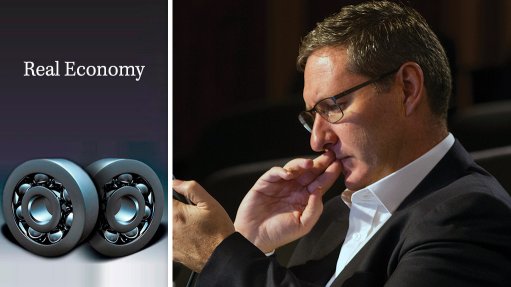
For many observers of global political and economic developments, the recent coast-to-coast total solar eclipse in the US would have epitomised the current state of the world: a blocking out of global integration in favour of bellicose nationalism.
For some others, however, the shadow cast over earth by the moon on August 21 is symbolic of something quite different: the transient nature of the current pushback against further integration.
This latter position is held firmly by former World Trade Organisation director-general Pascal Lamy, who sees no turning back from globalisation, despite the current rise in trade protectionism.
Speaking in Johannesburg last month, Lamy argued that the cost of “disintegration” would simply be too high for countries to bear. In addition, attempts at rolling back globalisation would likely be overpowered by technological developments that were supportive of greater connectivity and integration.
Visiting South Africa and Africa in his capacity as high-level facilitator in the negotiations between the European Union (EU) and the 79 African Caribbean and Pacific countries on a post-Cotonou trade deal, Lamy told an audience at the Gordon Institute of Business Science that globalisation had accelerated over the past 20 years and that, in his view, “it will keep accele- rating as technology keeps crushing the cost of distance, hence impacting production systems”.
Resistance to globalisation “was not new”, but was currently being led by the “extreme right”, having been opposed mostly by left-wing groupings in the past. However, Lamy projects even more globalisation in the coming two decades, owing to more technology adoption, which would facilitate even more integrated supply chains.
“I’m not saying Donald Trump is not the President of the US, but, on the trade side, I remain of the view, which may differ from some, that Trump will be more bark than bite.”
America’s current integration into global value chains for both goods and services will make the cost of “disintegration” very high, which was likely to insulate the country from any significant “deglobalisation”.
Lamy argued, too, that the Brexit negotiations between the EU and the UK were currently offering solid evidence of just how high the costs of disintegration were.
There are many other commentators and political protagonists, however, who believe the current resistance to further global integration will gain strength in the years ahead and that further disintegration should not only be expected but also encouraged. Whether the disintegration momentum can be sustained in the face of the costs outlined by Lamy is far from certain. But observing developments may well prove even more interesting than the recent total eclipse.